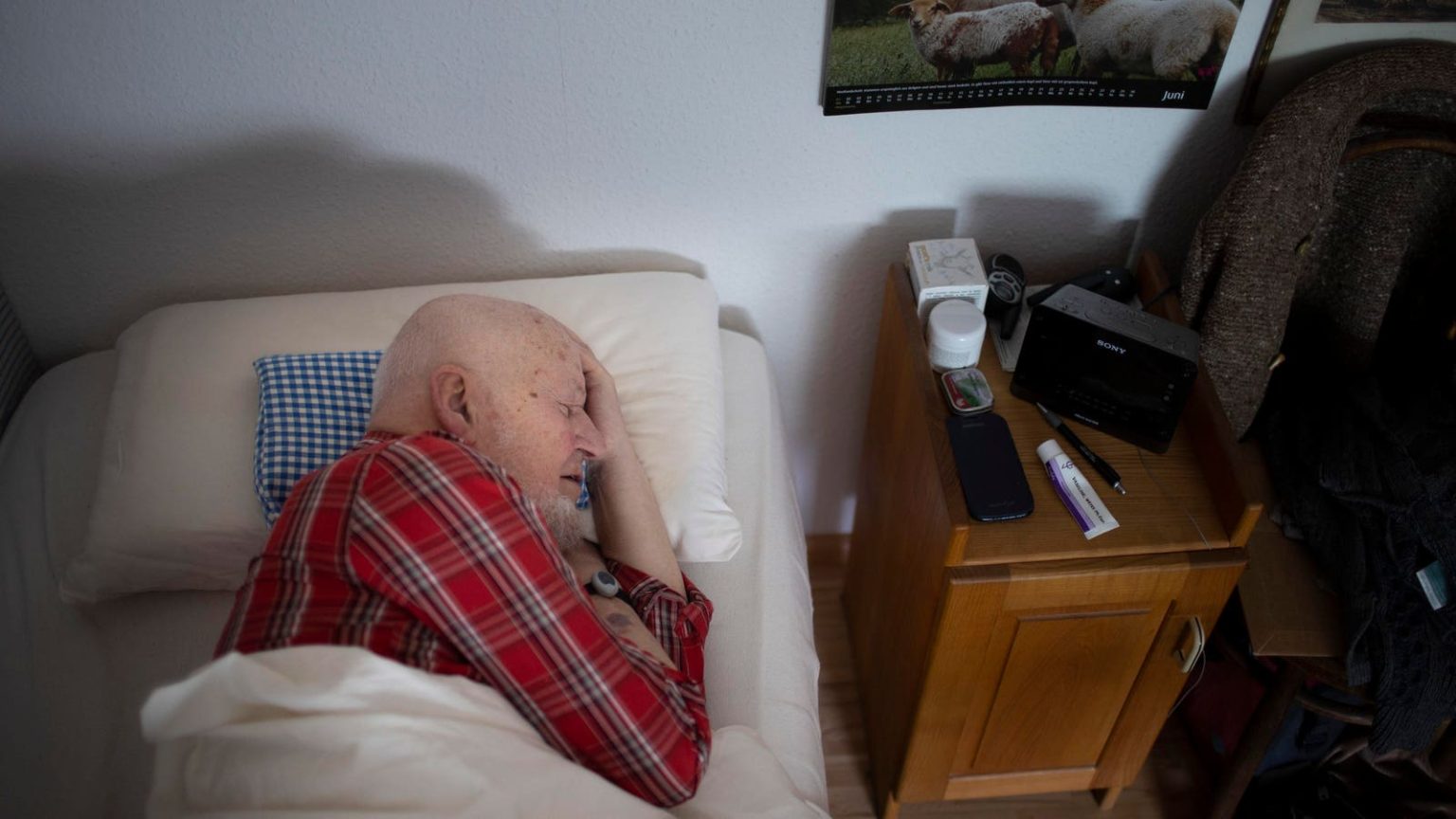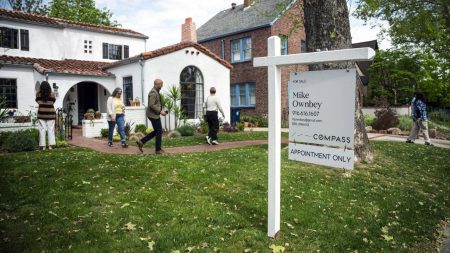For most people, there is a belief that aging well is a matter of luck. In their minds, how they age depends on how long their parents or grandparents lived and that’s about it. However, research tells us, that simply isn’t all there is to know.
Movement of our bodies
In our history, parents and grandparents probably lived a very different life from how typical Americans lived. Perhaps they were more active because they didn’t have all the automated conveniences, and access to the internet as we do today. Daily activity, moving our bodies is a critical component of how we age. The Centers for Disease Control and Prevention recommends 150 minutes a week of moderate exercise for all adults. Yet studies show that only 28% of Americans adhere to that guideline. We can’t say that if grandpa lived to be 95, we will too, when grandpa had a physical labor job most of his life. We want to believe that a couch potato has the same odds, but it’s not true.
What we eat
Certainly, the typical American diet has changed over the last two generations. Our elders did not have so much, or any, highly processed foods. We know from extensive reported research that ultra processed and processed foods are major contributors to chronic diseases of aging. These diseases include Type 2 diabetes, high blood pressure, heart disease and cancer. Other data suggests a clear connection to dementia as well. Yet, we consume our fast foods, processed stuff from the packages all over our grocery stores, and we ignore advice to avoid pesticide-sprayed food. Can we expect to live as long as anyone who did not eat that way? Likely not. We know that risks for heart disease can be diet and weight-driven. Heart disease remains the biggest cause of death in the U.S.
Sleep
We’ve probably all heard someone bragging that they get by on four or five hours of sleep a night, as if that’s something to be proud of. It definitely is not. We do know also from significant research that adequate sleep as we age is crucial to our overall health and particularly our brain health. The National Institutes of Health explains what happens to the brain when we are sleep deprived: “Since the brain is actively working all the hours when one’s awake, after certain time, the sleep neurons start to get tired. This affects the brain in many ways including trouble concentrating, difficulty focusing and having trouble remembering.” In other words, your brain needs rest every night, even if you believe it’s fine to do without enough sleep. Without adequate sleep of 7-9 hours, the brain cannot reset itself, nor remove toxic waste byproducts which may have accumulated throughout the day. More and more recent studies on this subject tell us that lack of sleep is a definite risk factor for dementia. For each of us, do you want to age courting a known risk of dementia every day?
What to do
At AgingParents.com, we call the set of beliefs that aging is all luck the “great American fantasy”. Here’s how it goes: I will live to be 100 and die in my sleep after my 100th birthday party. I will be independent until then. I will not get sick or need help because I’m lucky and because my mother lived to be 90 in good health.
We do refer to this as a fantasy because it doesn’t square with what a lot of data, research and credible sources tell us. These sources consistently say that we have a great deal of control over how we age. It’s about 30% our genetic makeup and about 70% how we choose to live, the experts tell us. Here are the takeaways:
- Aging well is a choice most of us are capable of making. The hard part is taking action and ending, bit by bit the known unhealthy habits we have.
- If you do a few small simple things every day, you’re on your way. They can include taking a walk more often, cutting out one or two ultra processed foods and aiming for 7-8 hours of sleep every night.
- Ignoring all the expert advice from the best minds in the aging field is dismissing what you absolutely need to know and act upon. I wish you a healthy aging journey. And may you embrace even some of that health advice.
Read the full article here














